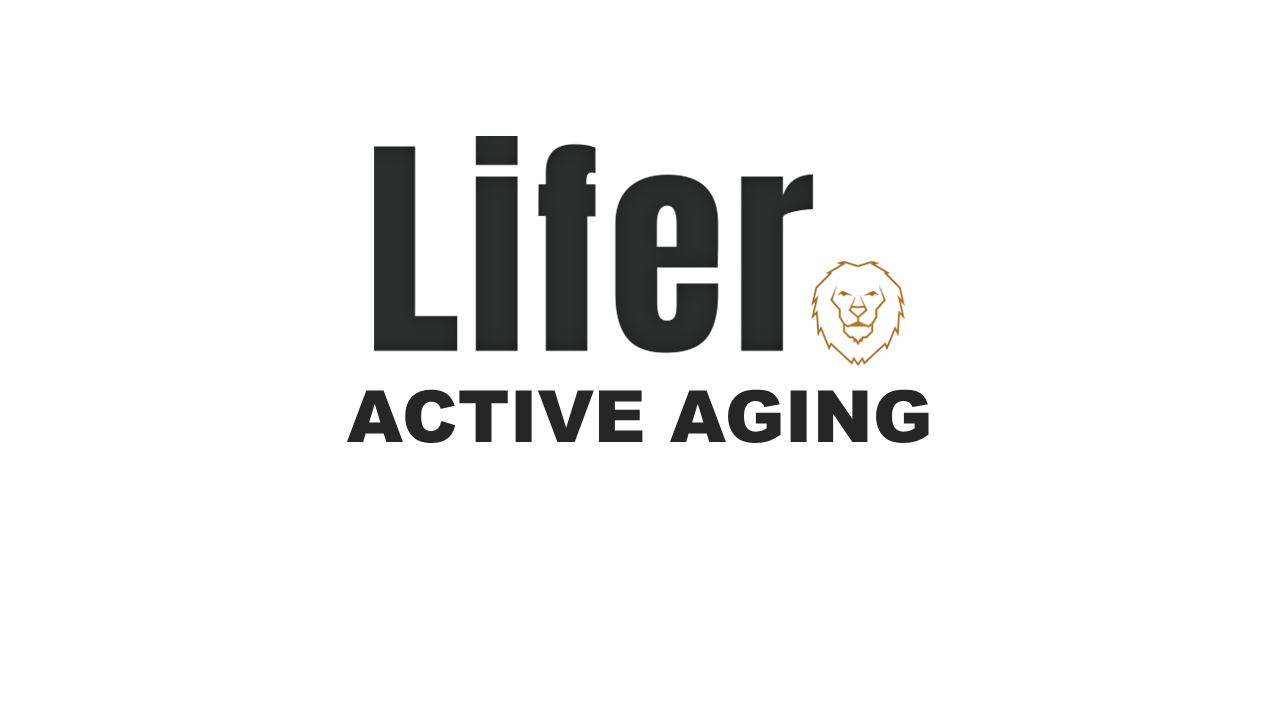At some point in your life, you’ve probably heard the phrase, “Act your age.” Whether it was said with concern, criticism, or even a hint of humor, the underlying message is clear: Society has expectations about what people should and shouldn’t do at different stages of life.
But who decided that aging means slowing down, settling into predictable routines, or abandoning dreams and ambitions? Why should we accept the idea that our age defines our capabilities, interests, or sense of adventure? The truth is, acting your age is one of the most limiting ideas ever imposed on us—and it’s time to break free from it.
The secret to a vibrant, fulfilling life lies in defying outdated stereotypes, embracing lifelong learning, staying active, and pursuing passions regardless of the number on your birth certificate. Here’s why society pressures us to “act our age” and why you should do the exact opposite.
Why Society Wants You to ‘Act Your Age’
Society often assigns rigid roles to different stages of life. From childhood to old age, there are unwritten rules about what’s considered “appropriate” behavior for each age group.
1. Cultural Conditioning
From a young age, we are taught that certain milestones should be met at specific times—education in youth, career in middle age, retirement in later years. This conditioning creates a mindset where anything outside these expectations is seen as unusual or even unacceptable.
2. Fear of Aging
Many cultures, especially in the West, view aging as a decline rather than a new chapter of possibilities. Media and advertising reinforce this by glorifying youth while portraying aging as something to resist or hide. When older adults defy stereotypes—by traveling solo, starting businesses, or taking up new sports—it challenges these ingrained fears.
3. Societal Comfort Zones
People often feel uncomfortable when others break away from traditional roles. If a 70-year-old takes up skateboarding or a 60-year-old changes careers, it disrupts expectations and forces others to question their own choices. Instead of embracing this as inspiring, society sometimes resists change.
Why You Should Ignore These Expectations
1. Growth and Learning Never Stop
Curiosity, creativity, and learning are not bound by age. Some of the most successful and inspiring people achieved greatness later in life—Grandma Moses started painting in her 70s, Colonel Sanders launched KFC in his 60s, and countless older adults today are proving that age is no barrier to success.
2. Physical Activity and Health Benefits
Ignoring age-related restrictions leads to better health. Studies show that staying active, mentally engaged, and socially connected significantly improves longevity and quality of life. Whether it’s yoga, hiking, dance, or weight training, movement keeps you strong, independent, and energized.
3. Happiness Comes from Passion, Not Age
Many people discover their greatest joys later in life. Whether it’s taking up a musical instrument, traveling the world, or launching a nonprofit, happiness is not reserved for the young. The only real limitation is believing that you’re “too old” to try.
4. You Inspire Others
By refusing to “act your age,” you set an example for younger generations. You show them that aging isn’t about decline—it’s about reinvention, resilience, and continuous joy. When you live boldly, you challenge outdated stereotypes and inspire others to do the same.
Redefine What Aging Means to You
The next time someone tells you to “act your age,” smile and ask yourself what that truly means. Does it mean living a life of restriction, or does it mean embracing every moment with enthusiasm and curiosity?
Aging is not a script you must follow—it’s a journey you get to create. Whether you’re 50, 70, or 90, the best way to “act your age” is to live authentically, chase what excites you, and ignore the limits society tries to impose.
So go ahead—dance, explore, start something new, take risks, and most of all, refuse to let a number define your potential. The world needs more people who are willing to defy expectations and show that aging is an opportunity, not a limitation.
Jay


